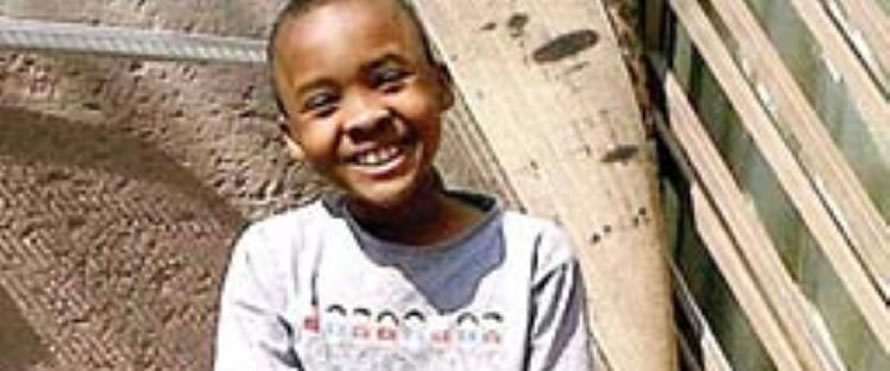
The Sunday News

Tinomuda Chakanyuka Sunday News Reporter
ZIMBABWEAN authorities have dismissed as baseless and untrue, suggestions that a 10-year-old boy based in the United Kingdom who died in the European country last year, succumbed to an infection suspected to have been caused by circumcision done in Zimbabwe. The UK-based Daily Mail Online recently reported that a court in that country heard during an inquest that Stanley Chola died in October 2013 after giving in to a septic shock emanating from what is suspected to be a circumcision infection.
Septic shock is a potentially lethal drop in blood pressure due to the presence of bacteria in the blood.
Stanley, a pupil at New Christ Church School in Reading, Berkshire, in the UK, is said to have returned to Zimbabwe with his family during the summer holidays last year, where he underwent the procedure on 23 August.
The article in the Daily Mail, which was also carried by various other UK online publications, however, did not mention the name of the health institution in Zimbabwe where the boy was circumcised.
“The inquest heard that the boils on Stanley’s thigh could have been caused by the circumcision infection and Dr Shabnam Iyer, a microbiologist who helped with the post-mortem examination, said the infection could have spread from the skin and into Stanley’s leg,” reads part of the report.
Last week the Ministry of Health and Child Care responded to the Press reports, dismissing the possibility of the boy having died from infection caused by circumcision carried out in Zimbabwe.
Director of the Aids and TB Unit in the Ministry of Health and Child Care, Dr Owen Mugurungi, said there was no evidence linking circumcision to Stanley’s death.
“There is no truth nor possibility for such a problem to occur, especially where there is no sepsis from the wound. Regarding the said article, there is no evidence that links the boy’s death to male circumcision.
“The programme (Voluntary Medical Male Circumcision) has generally been of very high quality, recording less than one percent of adverse events since inception of the programme,” he said.
Dr Mugurungi added that male circumcision was a small surgical operation which if conducted in health care settings, as is the case with the country’s voluntary medical male circumcision, chances of infection or dying from such were extremely rare.
He said the country had put in place adequate measures to reduce occurrence of infection, and there were sufficient follow-up and treatment facilities in place to deal with rare cases of poor wound care at home.
“As a country, we have put in appropriate measures to minimise chances of infection occurring. In the event someone gets infected, especially from poor wound care at home, there is adequate follow up and treatment that is available such that no one can die from any of the mild or moderate infections that may occur.
“As a country we have not experienced any death as a result of the voluntary medical male circumcision programme. On two occasions in 2012 and in October 2014 the Ministry of Health invited external quality assessors to conduct a rigorous quality assessment of the programme and in both instances the programme has been adjudged to be the best in the region,” said Dr Mugurungi.
The Daily Mail article further says that a leading doctor, who also testified during the inquest dismissed the theory linking Stanley’s death to circumcision as “very unlikely’’ to be the case.
According to the newspaper article, Stanley developed a chesty cough, abdominal pains and was not eating and also suffered from vomiting and diarrhoea.
It is reported that Stanley was prescribed antibiotics and the doctor who attended to him said the information his mother had provided did not suggest he needed to be seen in person.
The article further says that at around 4.40am on 12 October 2013, paramedics were called to Stanley’s family home in Laburnum Gardens in Whitley, to attend to the boy who was now unable to walk because of his knee pain.
It is said that an appointment was arranged for the boy to see a doctor at 8am the next morning, but he did not attend.
He was rushed to Royal Berkshire Hospital the next day, where doctors diagonised him with septic shock and said his chances of survival were slim.
Stanley’s condition is said to have rapidly deteriorated he was declared dead at 11.35pm on 13 October 2013.



